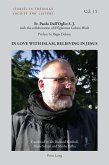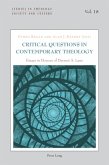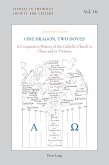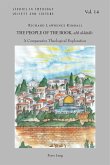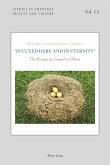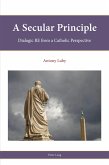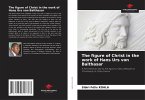In the latter part of the twentieth century, against the backdrop of the Sharpeville Massacre and the Soweto Uprising, theatre became a central means of artistic resistance in apartheid South Africa. One of the most significant plays from this time was Woza Albert!, which was created and staged by the actor-duo Percy Mtwa and Mbongeni Ngema, with the help and creative input of the renowned theatre-maker and political activist, Barney Simon. What made this protest play so powerful and provocative was the fact that it restaged the Christ-drama, as presented in the Gospels, in the context of apartheid South Africa. This book sets out to explore this performance of Christ during one of the darkest hours in South Africa's history, by turning to - and offering an in-depth investigation of - the theological dramatic theory of the Swiss Catholic theologian, Hans Urs von Balthasar.
«Performing Christ stages an entirely original encounter between Balthasar's theo-dramatic theory and black South African township theatre under apartheid. Unveiling the liberative potential of Balthasar's Theo-Drama for embodied praxis and sociopolitical critique, the book offers its readers a compelling vision of the abiding nearness of Christ and the generative power of his resurrection.» (Jennifer Newsome Martin, Associate Professor in the Program of Liberal Studies and the Department of Theology, The University of Notre Dame)
A new generation of astute and well-informed South African theologians is emerging. Marthinus J. Havenga's book is an impressive example of its scope, passion, and insight. Well-researched, imaginative and stylishly-written, it demonstrates how inter-disciplinary theological enquiry can inform the transformation of culture, the awakening of social conscience, and the deepening of spiritual vitality.» (John de Gruchy, Emeritus Professor of Christian Studies, University of Cape Town)
A new generation of astute and well-informed South African theologians is emerging. Marthinus J. Havenga's book is an impressive example of its scope, passion, and insight. Well-researched, imaginative and stylishly-written, it demonstrates how inter-disciplinary theological enquiry can inform the transformation of culture, the awakening of social conscience, and the deepening of spiritual vitality.» (John de Gruchy, Emeritus Professor of Christian Studies, University of Cape Town)



